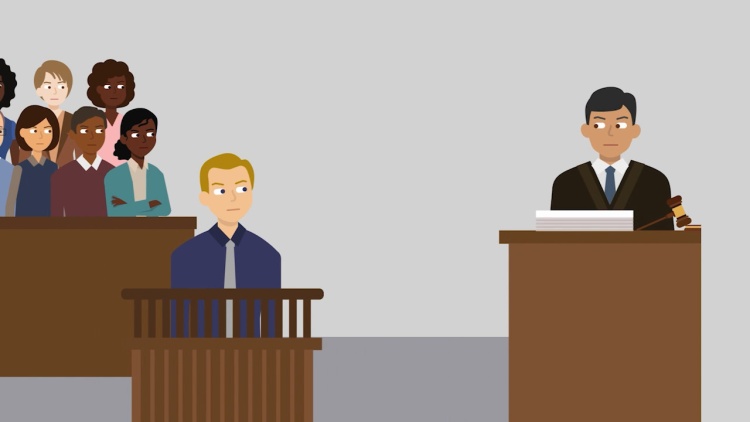Gravel v. United States
United States Supreme Court
408 U.S. 606, 92 S.Ct. 2614 (1972)

- Written by Josh Lee, JD
Facts
U.S. Senator Mike Gravel (plaintiff) was the chairman of the subcommittee on buildings and grounds of the Senate Public Works Committee. On June 29, 1971, Senator Gravel convened a meeting of the subcommittee where Senator Gravel read extensively from a copy of the Pentagon Papers. The Pentagon Papers were a classified study by the Department of Defense on the history of the United States’ decision-making process regarding Vietnam policy. Leonard Rodberg was a member of Senator Gravel’s staff who assisted with preparing for and conducting the subcommittee meeting. Senator Gravel and his staff subsequently spoke with Howard Webber, the director of M.I.T. Press, and arranged for the Pentagon Papers to be published by Beacon Press. A federal grand jury was convened to investigate crimes related to Senator Gravel’s disclosure of the classified documents. The federal government subpoenaed Rodberg, Senator Gravel, and Webber to testify before the grand jury. Senator Gravel moved to quash the subpoenas under the Speech or Debate Clause of the U.S. Constitution. The trial court denied the motions to quash but limited the scope of the subpoenas. The United States Court of Appeals for the First Circuit held that Senator Gravel and his aide could not be questioned about the subcommittee meeting, while third parties could be questioned about the meeting, and that the republication of the documents by Beacon Press was protected by common-law immunity.
Rule of Law
Issue
Holding and Reasoning (White, J.)
Dissent (Douglas, J.)
What to do next…
Here's why 907,000 law students have relied on our case briefs:
- Written by law professors and practitioners, not other law students. 47,100 briefs, keyed to 996 casebooks. Top-notch customer support.
- The right amount of information, includes the facts, issues, rule of law, holding and reasoning, and any concurrences and dissents.
- Access in your classes, works on your mobile and tablet. Massive library of related video lessons and high quality multiple-choice questions.
- Easy to use, uniform format for every case brief. Written in plain English, not in legalese. Our briefs summarize and simplify; they don’t just repeat the court’s language.





